From early on in your life, your parents insisted you brush your teeth before you go to bed and visit your dentist at least one a year. They were on to something. As a child, you complied out of obligation. As an adult, have you kept healthy oral hygiene? Well, you should.
Interestingly, it seems that there is more to oral hygiene than sporting a beautiful smile of pearly white teeth and having amazingly fresh breath. Recent research indicates that there are important connections between oral hygiene and our overall health. Untreated conditions like cavities and gum disease may lead to more problematic health concerns like diabetes and even heart disease. Some studies even link poor health hygiene in pregnant women to pre-mature births or delivering low weight babies. This is certainly concerning and deserves attention.
It also appears that some of the bacteria that is always present in our mouth can become harmful to our immune system or respiratory system, especially if it accumulates and grows over long period of time. In aging population, or in people who produce less saliva, bacteria can more easily be transferred to the lungs since they are not swallowed as frequently with saliva. This could lead to complications such as aspirational pneumonia. Since pneumonia is one of the leading cause of death in people living in long term care facilities, it is important for our elders to practice good oral hygiene. Studies have shown that elderly people tend to neglect their oral hygiene. Understanding the correlation between oral health and overall health can help s convince them to continue to practice healthy oral hygiene throughout their older years.
For people with diabetes or HIV, their immune system is already compromised. In their case, having poor oral hygiene increases their chance of getting ill. They must be even more careful than the rest of the population. Healthy oral hygiene practices recommended suggest that people brush their teeth every day, at least twice a day with a good toothbrush and dentist recommended toothpaste. They should floss daily. If dental floss is too difficult to manipulate, dental picks are a viable alternative. Eating healthy food and avoiding snacking between meals is a good recommendation for anyone, diabetic or not. Something else to remember is to replace your toothbrush at least four times a year, or even sooner if you find that the bristles are damaged or frayed. Some toothbrushes use discoloration to indicate that it is time to replace them.
Another excellent oral hygiene practice is to visit your dentist regularly. Visits should include check ups, clean ups and x-rays. The dental team will assess the condition of your mouth, your gums, your teeth and their health. They will clean and scale each tooth, ensuring that it does not have cavities. If you have a cavity, they will guide you through the appropriate treatment. Your dentist Bankstown even consults for implants and bone grafting products. Whatever your query, you should rely on the expertise of your dental team.


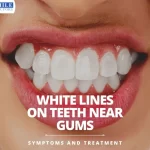
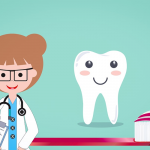
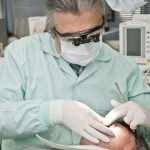
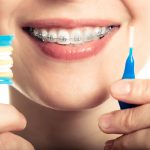
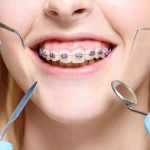
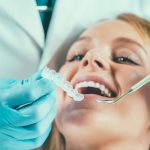
One Reply to “Oral Hygiene and Your Overall Health”
Comments are closed.